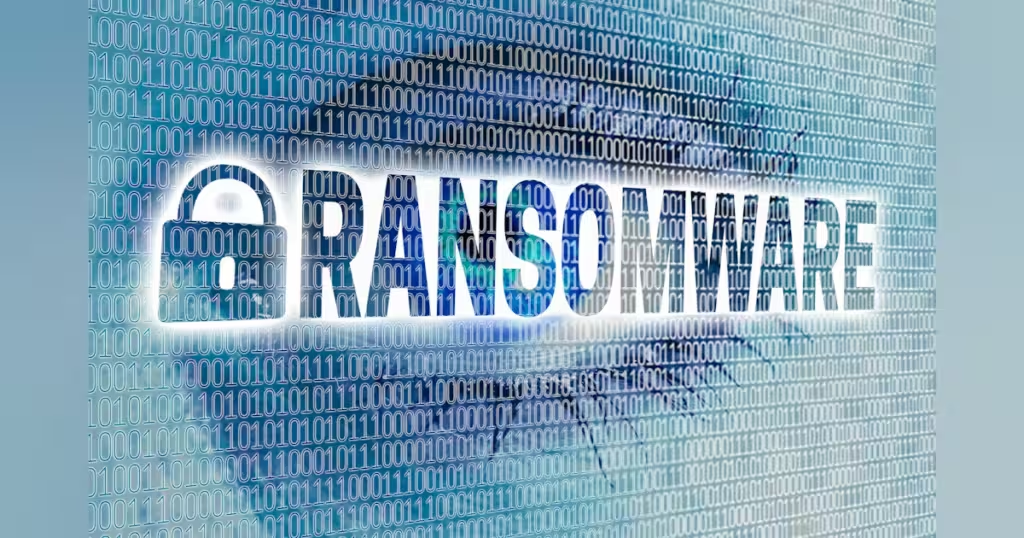A Pennsylvania health care system has reached a landmark settlement of $65 million with victims of a ransomware attack that exposed sensitive patient data, including nude photos of cancer patients. This agreement, described as the largest settlement of its kind in terms of per-patient compensation, follows a cyberattack in February 2023 by a hacker group that targeted Lehigh Valley Health Network, which operates 15 hospitals and health centers in eastern Pennsylvania.
The settlement is still pending judicial approval and serves as a crucial warning to other major U.S. health care providers about the significance of safeguarding sensitive patient records. According to experts, a staggering 80% of the settlement fund is allocated for victims whose images were leaked online. Cybersecurity professionals have indicated that this case may set a new precedent in the legal and insurance landscape regarding health data protection, emphasizing the need for enhanced safeguards around sensitive patient information. Carter Groome, CEO of First Health Advisory, noted that such incidents necessitate a more robust level of protection for visual patient data.
The lawsuit, filed by a Pennsylvania woman and other victims, accuses Lehigh Valley Health Network of failing to protect patients from the “embarrassment and humiliation” caused by the data breach. The attackers initially demanded a ransom payment, but when the health network refused to comply, they published the sensitive images online. In a statement, Lehigh Valley Health Network acknowledged the incident and reaffirmed its commitment to protecting patient privacy, asserting that the attack was confined to a single physician’s practice in Lackawanna County.
Ransomware attacks have increasingly plagued U.S. health care facilities, disrupting services and posing risks to patient safety. Recent incidents, including an attack on a health insurance billing firm and one of America’s largest hospital chains, have highlighted the vulnerabilities in the sector. In response, the Biden administration has promised to introduce mandatory cybersecurity requirements for hospitals to enhance defenses against such attacks.
Experts caution that while litigation may prompt health care organizations to bolster their data protection efforts, it could also incentivize some to consider ransom payments as a less risky option to avoid costly lawsuits. However, many health care organizations remain underinsured, raising concerns that a similar attack could lead to bankruptcy.
As this situation unfolds, it underscores the urgent need for comprehensive cybersecurity measures in the health care sector, where the protection of patient data is critical to maintaining trust and safeguarding vulnerable individuals.



